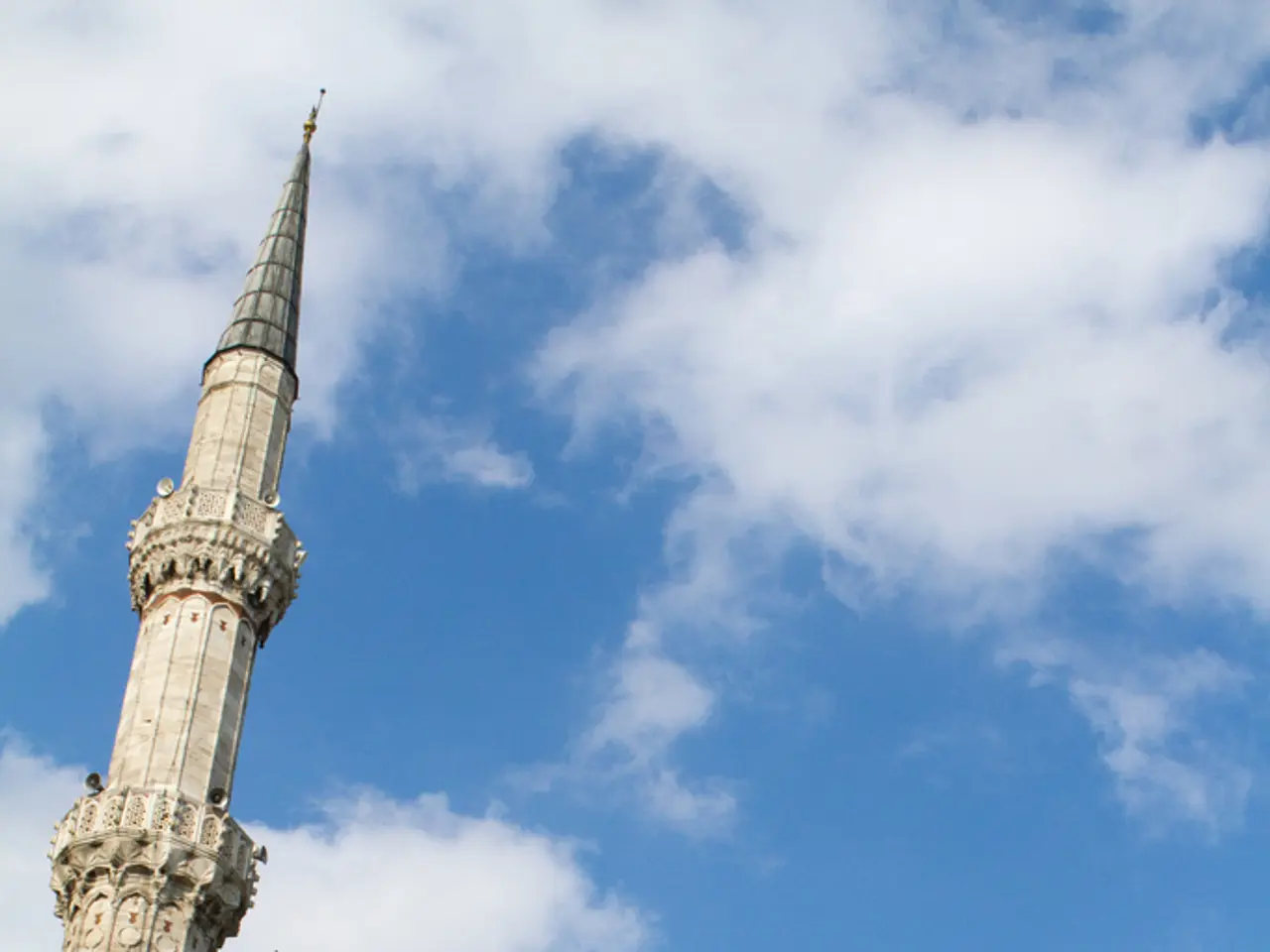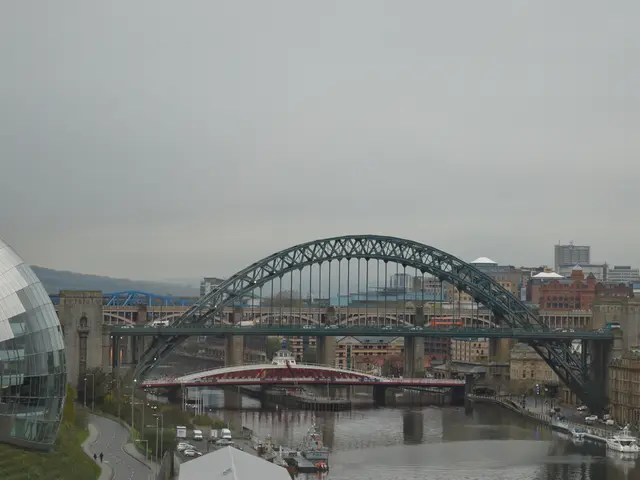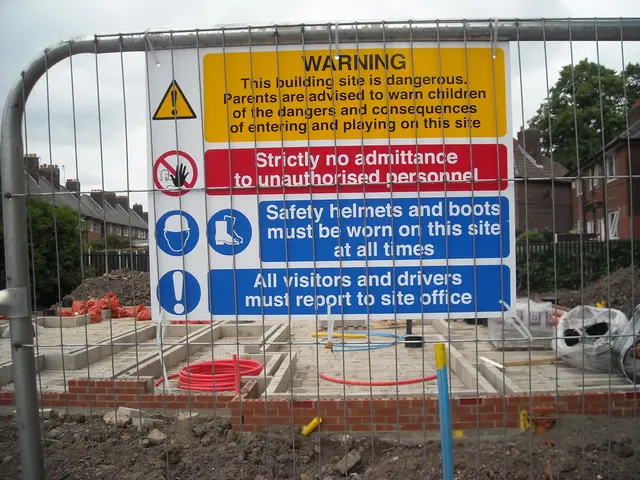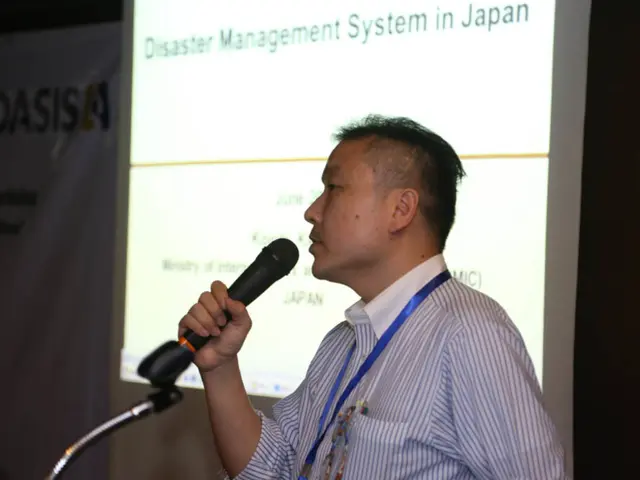Controversy Arises Following Israeli Minister's Prayer at Disputed Location, Fueling Tensions
In a move that has sparked significant controversy and anger, Israel's National Security Minister, Itamar Ben-Gvir, visited the al-Aqsa Mosque compound in Jerusalem. The site, of paramount importance to both Jews and Muslims, is known in Jewish tradition as the Temple Mount and is located in the occupied East Jerusalem area.
The longstanding policy permits Jewish individuals to visit the site but explicitly prohibits them from engaging in prayer activities. However, during his visit, Ben-Gvir was seen praying, breaching this agreement and drawing criticism.
The al-Aqsa Mosque compound is the third holiest site for Muslims, believed to be the place where the Prophet Muhammad ascended to heaven. For Jews, it is considered the holiest site, being the location of the two Biblical temples.
The Jordanian government condemned Ben-Gvir's actions, labeling them "an unacceptable provocation." Leaders from Hamas deemed the visit as "a deepening of ongoing aggressions against our Palestinian people." A spokesperson for Palestinian Authority President Mahmoud Abbas remarked that this visit "crossed all red lines."
The implications of Ben-Gvir's actions may further complicate the already fragile dynamics in the region. Palestinian advocates have accused Israel of intentionally undermining established agreements regarding the site.
It's important to note that Jordan maintains its historical custodianship of the al-Aqsa Mosque compound, while Israel manages security and access. This delicate balance has been in place since Israel took control of the site during the 1967 Middle East war.
The visit sparked a wave of sanctions against Ben-Gvir. In June 2025, Canada, the United Kingdom, Norway, New Zealand, and Australia imposed sanctions against him due to his calls for violence and approval of serious human rights violations in Gaza. Belgium and some other countries are also initiating sanctions measures, including possible travel bans and listing such ministers as persona non grata, in response to their rhetoric and actions regarding Palestinians in the occupied West Bank.
Despite the controversy, the Israeli Prime Minister's office emphasized that Israel's commitment to maintaining the status quo regarding access and worship at the site remains unchanged. Exclusive Muslim worship is still permitted at the site.
Ben-Gvir's actions and rhetoric have drawn criticism, including these sanctions, due to his pattern of inciting violence against Palestinian communities in the occupied West Bank. Additionally, he has called for comprehensive military action in Gaza and encouraged "voluntary emigration" of Palestinians, raising ethical concerns.
This visit and the subsequent reactions serve as a reminder of the complex and sensitive nature of the ongoing conflict in the region.
Read also:
- ICE directed to enhance detention conditions following NYC immigrants' allegations of maltreatment
- Israeli finance minister issues warnings about potential annexation of West Bank territories
- United States faces rebuttal from South Africa over allegedly deceitful human rights report and assertions of land expropriation
- Accident at Rodalben Results in Injuries; Geoskop Area near Kusel Affected After Stormy Weather






